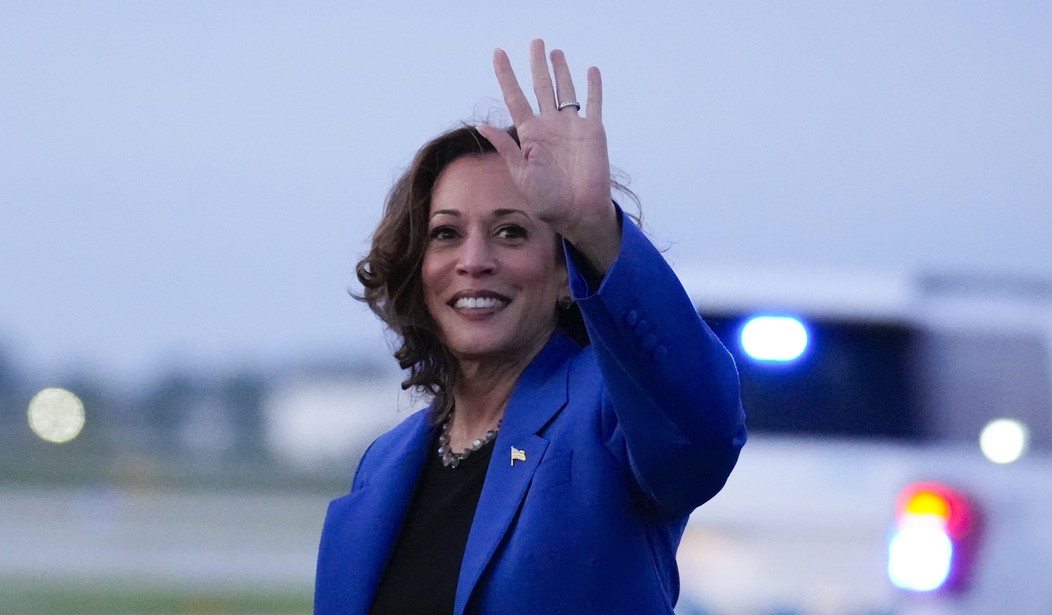It has been more than a month since Vice President Kamala Harris became the de facto Democrat presidential nominee following the abrupt termination of President Joe Biden’s re-election campaign.
With early voting beginning on September 6 this year and Election Day less than 10 weeks away, one would assume that Harris’ policy platform would be unveiled by now so that voters have proper time to assess her policy positions.
However, as of this writing, with a few exceptions, voters remain almost completely in the dark concerning the key elements of Harris’ policy agenda.
Because her campaign website is devoid of any policy positions coupled with the fact that she has refused to answer meaningful questions about her campaign’s stance on several issues, the best we can do is speculate as to what a Harris administration would pursue based on her past policy positions.
As is more often the case than not, the 2024 election will revolve primarily around economic concerns. Based on most polls, the American people are not content with the current state of the economy.
For the past three-and-a-half years, Americans have been struggling with rising prices across the board. From the grocery store to the gas station, prices have continually increased. While it certainly is true that too much government spending has played a pivotal role in the stubborn inflation that is making it difficult for hard-working Americans to make ends meet, there is another underlying factor that has been less covered despite its economic significance: energy policy.
Recommended
Under the Biden-Harris administration, energy prices have skyrocketed. In fact, since the beginning of the Biden-Harris administration, the average American household has directly paid at least $2,548 in higher direct energy costs. Specifically, residential electricity prices have increased 23 percent, industrial electricity prices have increased 19 percent, home heating oil prices have increased 69 percent, oil prices have increased 52 percent, natural gas prices have increased 32 percent, and gasoline has increased $0.97 per gallon, or 42 percent.
Of course, the main reason for the sudden surge in energy prices is due to the Biden-Harris administration’s war on fossil fuels. It is more than fair to hold Harris accountable for her own misguided energy policy positions.
To date, we know that Harris is a climate alarmist who, not that long ago, wanted to outright ban fracking. Like most of her Democrat colleagues, Kamala Harris clearly believes that climate change is an “existential threat.”
We also know that she was an original co-sponsor of the Green New Deal, which would transition the U.S. economy to “100 percent renewable energy for electricity and transportation by no later than 2030 and complete decarbonization of the economy by 2050.” According to The Heritage Foundation, the Green New Deal would result in energy prices skyrocketing by 30 percent per year over the foreseeable future. Moreover, it would reduce household incomes substantially, to the tune of $7,964 per year for a family of four.
What’s more, Harris strongly supports practically all federal government efforts to enact “environmental justice,” which is really just a gigantic wealth redistribution scheme under the pretext of social justice.
And, during her doomed run for the 2020 Democrat presidential nomination, Harris endorsed a plan that included $10 trillion in new programs to combat climate change as well as a tax on carbon dioxide emissions.
Although officials in the Harris campaign claim she has disavowed those positions, it means little until we hear this from Harris herself.
Unfortunately, it seems as if voters will have to wait a while longer before they get answers from Kamala as to where she currently stands on energy policy. Perhaps we will get some answers during the single presidential debate between Donald Trump and Harris, scheduled to take place on September 10. But that is no guarantee.
In the meantime, the best we can do is guess as to whether Harris still supports her previous energy positions. To date, Harris has agreed to one interview, with her running mate by her side, with CNN’s Dana Bash. I doubt that particular interview will include hard-hitting questions concerning her apparent flip-flops on a variety of energy issues, although I could be wrong.
Regardless, Harris owes voters answers on these and many more pressing questions. The 2024 election, unlike the 2020 election, will likely be much more policy oriented. “Good vibes” and “joy” only goes so far. Eventually, Kamala will have to come clean with voters. I just hope it’s sooner rather than later.
Chris Talgo (ctalgo@heartland.org) is editorial director at The Heartland Institute.
























Join the conversation as a VIP Member